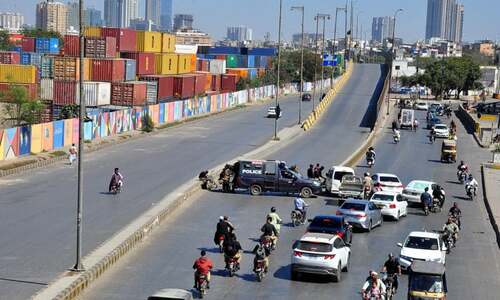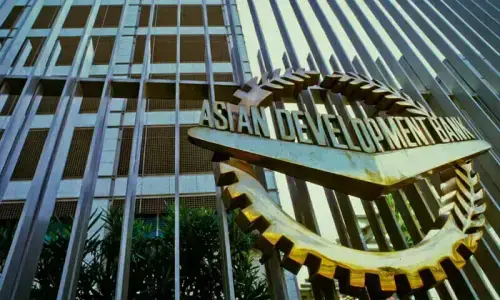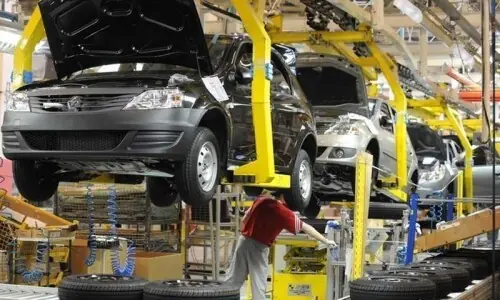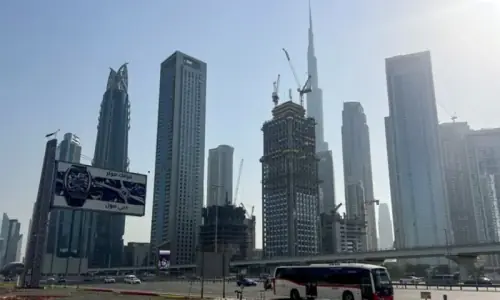ANYONE who thinks that Karachi’s sweltering early summer season is not an old phenomenon, well, not true. The city by the sea has always opened its arms to summer from late March, and by early April the sun beats down on Karachiites with all its might and fury.
Here’s an evidence of it: the forecast that the Met department issued for April 2, 1968 was “hot” with no change in temperatures. The reference was to the weather condition of the day before, April 1, when the temperature shot up to 104 degrees Fahrenheit as the blazing sun “launched the long, hot summer”. The department attributed it to “western disturbance passing over the north resulting in the supremacy of the northerly air”. That’s some technical jargon!
This meant that the citizens needed more water to consume. Only if things were that simple. On April 3, the health department of the Karachi Municipal Corporation (KMC) advised house owners to have their underground water tanks cleaned to prevent contamination. In a circular sent out to them, the department said: “Lately, it has been noticed that a number of water samples collected from various underground tanks are contaminated.” This was because the tanks were left unclean and the resultant rusting and certain chemical reactions polluted the contents of the tanks. The circular warned: “This can lead to serious consequences and jeopardise the health of your family.”
It was mindful of the corporation to keep a check on citizens’ health. However, it should have realised the rapid pace with which the population of the city was increasing, which meant more and more people were buying and renting houses in the city without caring much about sanitation issues. For example, on April 5, a census carried out by the Landhi Korangi Municipal Committee revealed that the population of Landhi and Korangi townships in seven years had swelled up to a little more than 275,000 from 150,000.
Landhi Township was established in 1954 and Korangi Township was built in 1959. When the national census was held in 1961, only a few thousand people lived in Korangi and the rest lived in Landhi. But in 1968, the burgeoning population of Landhi was 150,200 and of Korangi: 125,200. In Landhi-Kroangi there were 26,427 pucca single-room, one and a half, and two-room quarters’ housings for about 185,000 people while 97,032 people lived in huts. The increase in Landhi’s population was mainly due to the migration of labour force from other parts (East and West Pakistan) of the country, whereas Korangi’s population increase was put down to the settlement of displaced persons who used to live in huts in the city.
This meant that the city needed to improve its infrastructure and provide more amenities to its denizens. Perhaps this was why, on April 2 a KMC spokesman said that the three-mile-long McLeod Road (now I. I. Chundrigar Road) — ravaged by rains and digging up operations — would be completely rebuilt and machine-carpeted at a cost of Rs700,000 . Work estimates for the project from Merewether Tower to the Kutchery Road junction had been prepared by the corporation’s engineering department and submitted to the KMC chairman. He said the heavily-damaged McLeod Road would turn into a first-rate thoroughfare with a “silken smooth surface” in about six months. We all know what such ‘velvety’ promises mean!
Published in Dawn, April 2nd, 2018































